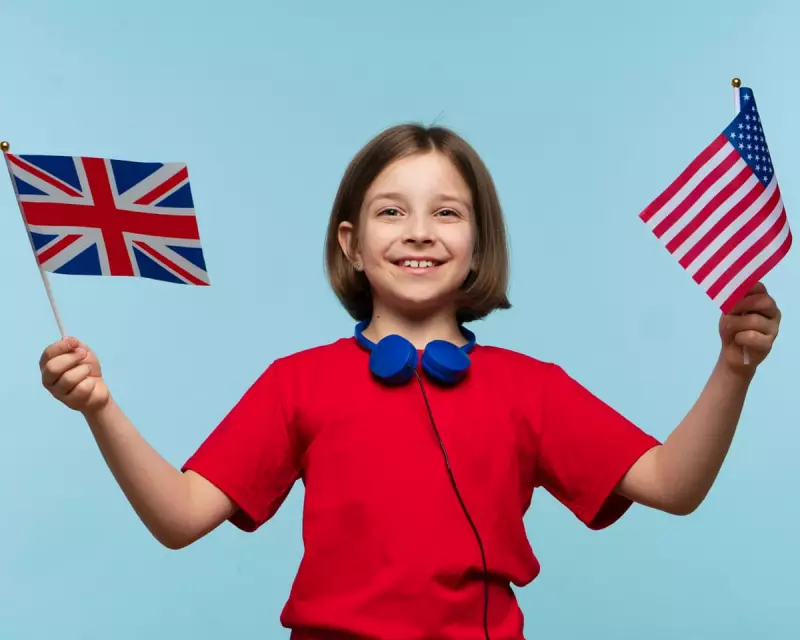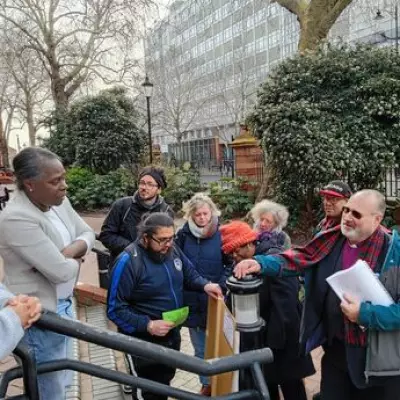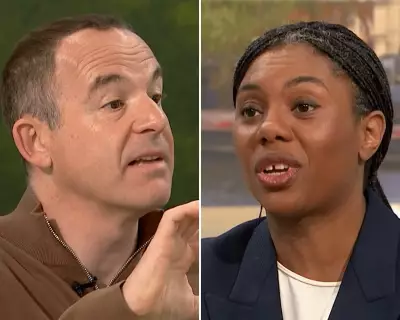
Walk into any British playground today and you might hear something surprising. The familiar sounds of British English are being steadily replaced by American counterparts, with children increasingly saying 'trash' instead of 'rubbish', 'candy' rather than 'sweets', and 'sidewalk' over 'pavement'.
The Digital Classroom: Streaming's Powerful Influence
Experts point to streaming platforms like YouTube, Netflix, and TikTok as the primary drivers of this linguistic shift. British children are consuming unprecedented amounts of American media, with popular creators and shows introducing vocabulary that quickly becomes part of their everyday speech.
Dr Eleanor Vance, a sociolinguist at University College London, explains: "Children today are digital natives in a predominantly American-dominated online world. They're not consciously choosing American English - they're simply absorbing the language they hear most frequently in their entertainment."
From Playground to Classroom: Teachers Take Notice
Educators across the UK are reporting noticeable changes in children's vocabulary and spelling. What begins as casual adoption of American terms in conversation is increasingly appearing in formal writing and school assignments.
Common Americanisms now heard in UK classrooms include:
- 'Elevator' instead of 'lift'
- 'Apartment' replacing 'flat'
- 'Cookie' rather than 'biscuit'
- 'Vacation' for 'holiday'
- 'Gas' instead of 'petrol'
A Natural Evolution or Cultural Erosion?
While some parents and educators express concern about the potential loss of British linguistic identity, language experts urge perspective. English has always evolved through cultural exchange and external influences.
"Language change is natural and inevitable," notes Dr Vance. "What we're seeing isn't the 'Americanisation' of British English, but rather the continued global evolution of English as a whole. The core structure and character of British English remain firmly intact."
What makes this current shift particularly rapid is the constant, immersive nature of digital media exposure. Unlike previous generations who might have encountered American English through occasional films or music, today's children are swimming in it daily.
The Future of British English
Rather than resisting this linguistic evolution, many experts suggest embracing it as part of children's multilingual development. Understanding different varieties of English can be an advantage in our increasingly globalised world.
The conversation continues among parents, educators, and linguists about balancing cultural preservation with natural language evolution. One thing remains clear: the playgrounds of Britain will never sound quite the same again.






